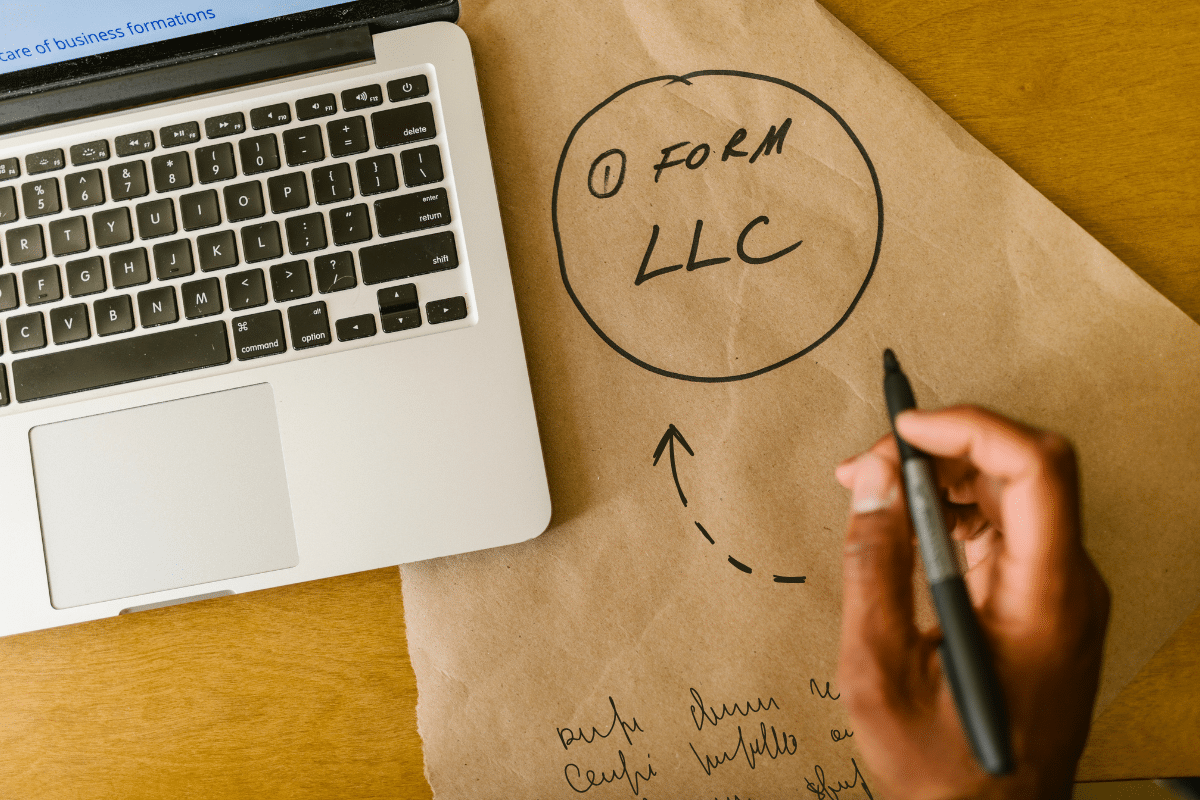In this segment, Vincent J. Russo discusses vital strategies every landlord needs to shield their personal assets. Discover how moving your rental properties into Limited Liability Companies (LLCs) can create a powerful fortress around your wealth, ensuring that a single accident doesn't lead to financial ruin.
 Thinking about buying real estate property as a home or investment? Before you negotiate the terms and sign a contract, there are some important things to consider. By doing some simple, preliminary research, you will make informed decisions and circumvent avoidable issues.
Thinking about buying real estate property as a home or investment? Before you negotiate the terms and sign a contract, there are some important things to consider. By doing some simple, preliminary research, you will make informed decisions and circumvent avoidable issues.
Investigate a Certificate of Occupancy
It is fairly easy to determine, and important to check, whether there is a certificate of occupancy (CO) for the house and whether structures on the property were ever opened and have since been closed. In many cases, a call to the town or county, or a visit to the town office, will inform you if work was started but never finalized. In New York City, you can always check online for open COs.
For example, if there is a deck or freestanding outdoor structure that was built on the prospective property, there should be a corresponding CO that was filed with the county or town. If not, the lack of a CO is going to be an issue during the sale.
If the house has solar panels, there should be a corresponding CO for those solar panels. Also, if the house has solar panels you should make sure your attorney reviews the terms of the lease before you enter into a contract for the property.
Obtaining this information will also give you a sense of any forthcoming issues from the title search.
Having this information before entering into a contract can help you negotiate the terms of contract and settle on a more advantageous purchase price. For instance, if the seller is asking $400,000 for the house, and there is no CO for the deck, you can negotiate by asking that the seller either:
- take the deck down;
- reduce the purchase price by an agreed-upon dollar amount in consideration the lack of CO for the deck; or
- obtain the CO prior to the closing.
If you are planning to obtain a mortgage to purchase the property, then your lender may have specific requirements about any outstanding COs that could result in the delay or denial of a mortgage. You should speak with your lender about the specific requirements before entering into a contract, to make sure the terms of the contract align with the requirements of the lender.
Avoid the “Money Pit”
Another important point of consideration is the usefulness of an engineer’s report. If there are any electrical, plumbing, or structural concerns, it is crucial to know about them before you go to contract on a piece of property. If you obtain the engineer’s report—which discloses issues with the house that were previously unknown—after you close, then you may have inadvertently just purchased a “money pit.”
If there is an egregious issue that the engineer’s report is able to discover, then it may be possible to negotiate and revise the contract once it’s signed, but this scenario is unlikely. It is best to have your due diligence done prior to signing so as to avoid hefty repair bills on top of an inadequately researched investment.
Become an Informed Buyer
Prior to executing a contract for real property, it is critical that you obtain as much information on the property as possible. Before signing anything, make sure that you are comfortable with both the purchase price and any existing problems that you will be inheriting. Ensure that you are represented by counsel who has reviewed all the necessary documents and has all the necessary information about the property.
Putting forth the time, energy and expense of doing your due diligence before you enter into a contract can save you a ton of aggravation, time and expense in the long run. Purchasing a home is one of the most stressful and expensive investments you will ever make, so it just make sense to do your homework and hire the right professionals to represent you.
Have you ever invested in a home without researching it first? If so, what did you find out and, at that point, was it too late to negotiate? Contact us with questions or comments.




Comments (0)